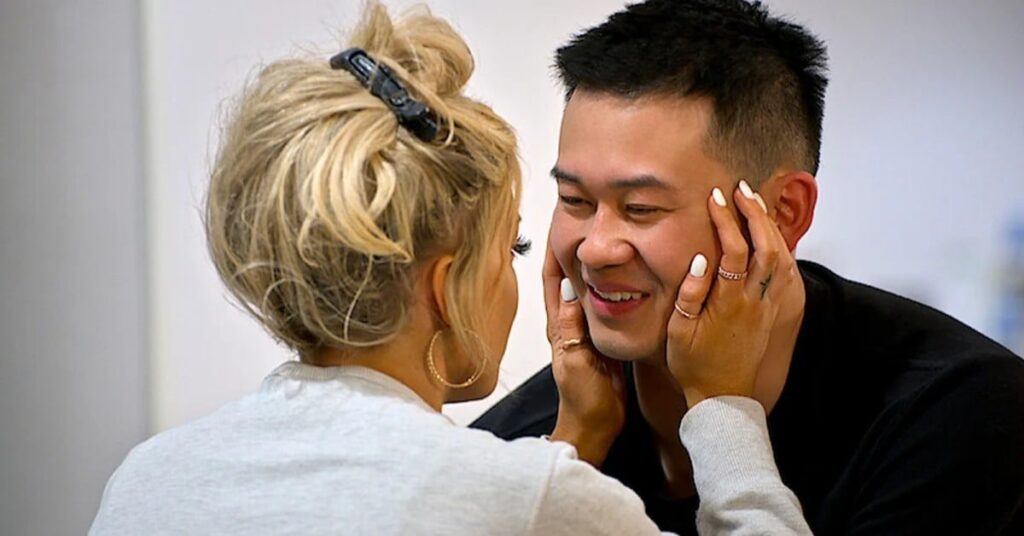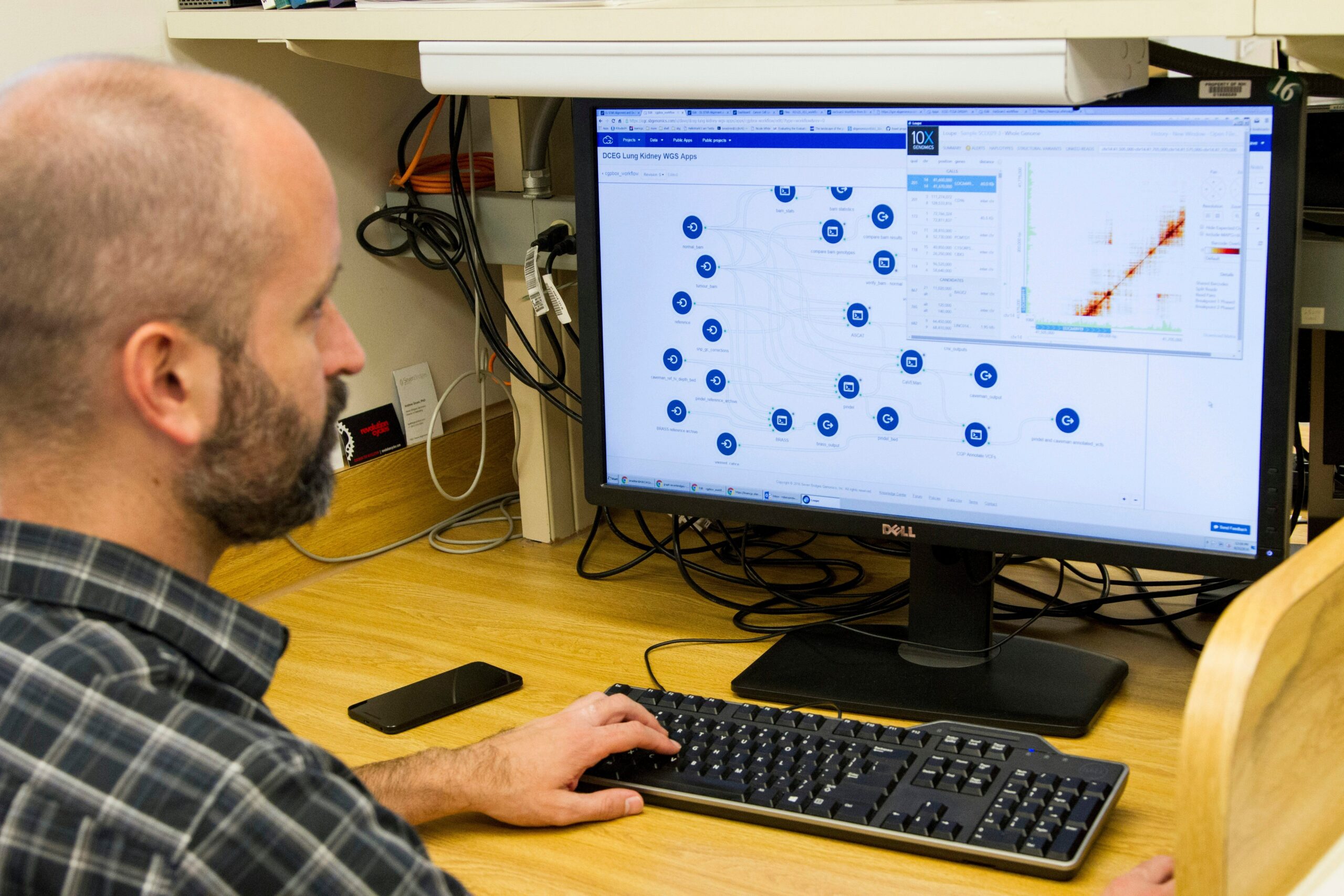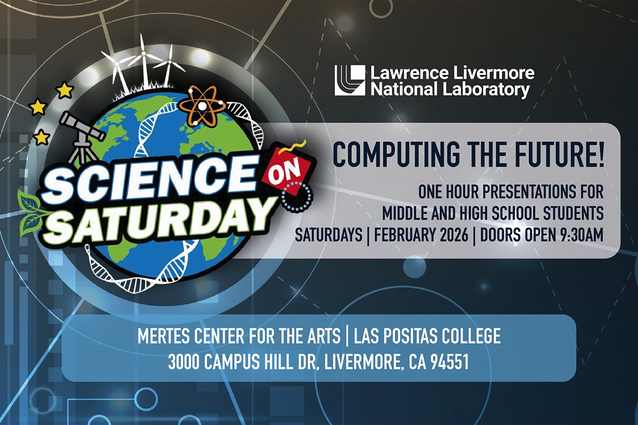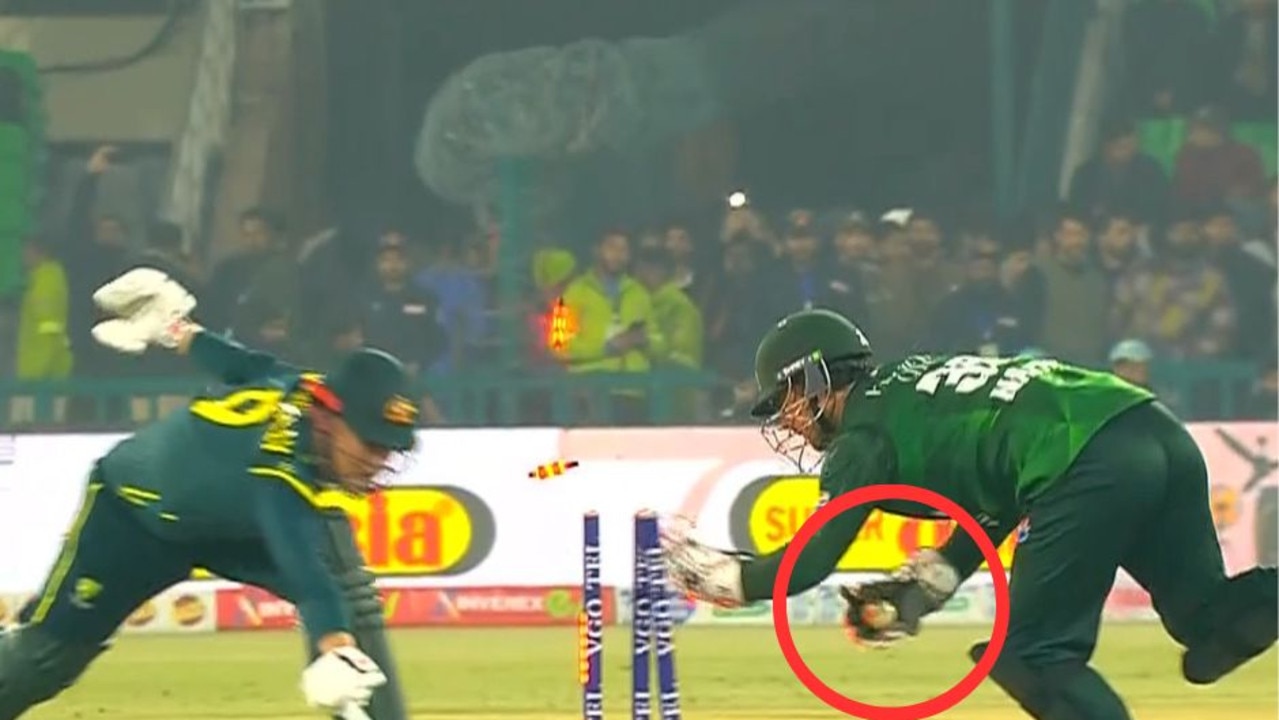
Reality TV often mirrors society’s less flattering aspects, and the latest season of Netflix’s Love is Blind is no exception. As the ninth season unfolds, viewers are already witnessing a series of troubling incidents, including insensitive comments on body image, outdated views on homosexuality, and a disturbing scene where a male contestant pressures his fiancée into intimacy despite her clear discomfort. This season is shaping up to be the most problematic yet.
Among the contentious moments, one scene in particular has struck a personal chord. The inclusion of two Asian American contestants, Patrick Suzuki and Anna Yuan, initially seemed like a positive step towards diversity. However, their interactions quickly revealed deeper issues of internalized racism and identity struggles.
Conversations on Race and Identity
The season’s first episode features a conversation between Patrick and Anna that turns to dating preferences, exposing uncomfortable truths. Patrick asks Anna about her type, to which she responds, “White guys.” Patrick echoes this sentiment, admitting he typically dates white girls. Despite their openness to dating other ethnicities, their admissions highlight a complex dynamic familiar to many minorities.
Anna’s confession about her parents’ hopes for her to marry a Chinese man and her subsequent choices reflects a broader issue of internalized racism. “Typically, if I knew some guy was Asian, I would eliminate them,” she admits, acknowledging the connection she feels with Patrick despite this bias.
“Growing up, my parents definitely hoped for me to find someone who looked like me. A nice Chinese man,” Anna explains in a confessional.
The Impact of Internalized Racism
Patrick’s experience as the only Asian kid in predominantly white spaces echoes the sentiments of many minorities. The internalization of beauty standards and social hierarchies favoring white features often leads to a reluctance to date within one’s ethnic group. This season of Love is Blind brings these issues to the forefront, sparking conversations about identity and self-perception.
For Asian men, the struggle is compounded by their portrayal in mainstream media. Rarely cast as romantic leads, they face systemic emasculation, which can influence their self-worth and dating preferences. This portrayal feeds into a cycle of self-doubt and hesitancy to embrace one’s cultural identity.
“I grew up as the only Asian kid in class. I grew up as the only Asian friend in the friend group,” Patrick says in a confessional.
Online Reactions and Broader Implications
The drama extends beyond the show, with online discussions about contestant Kacie allegedly ghosting Patrick after filming. While the motivations remain unclear, the situation resonates with many who have faced similar doubts about their desirability based on ethnicity.
These personal stories on a global platform like Netflix carry significant weight. They reflect ongoing struggles within communities to unlearn internalized self-hatred and redefine beauty and worth beyond societal norms.
As these conversations unfold, they offer an opportunity for reflection and growth. They challenge viewers to reconsider their perceptions and biases, fostering a broader dialogue about race, identity, and acceptance.
“When you’re constantly fed these messages about your worth and desirability, you might hesitate before revealing the very thing society has taught you makes you ‘less than.'” – Reflecting on media portrayals of Asian men.
Ultimately, the responsibility does not rest solely on the shoulders of two reality show contestants. Instead, it highlights a shared journey towards understanding and embracing one’s identity in a world that often marginalizes difference.
As the season progresses, viewers and participants alike are prompted to confront these challenging topics, paving the way for more inclusive and empathetic narratives in reality television.







